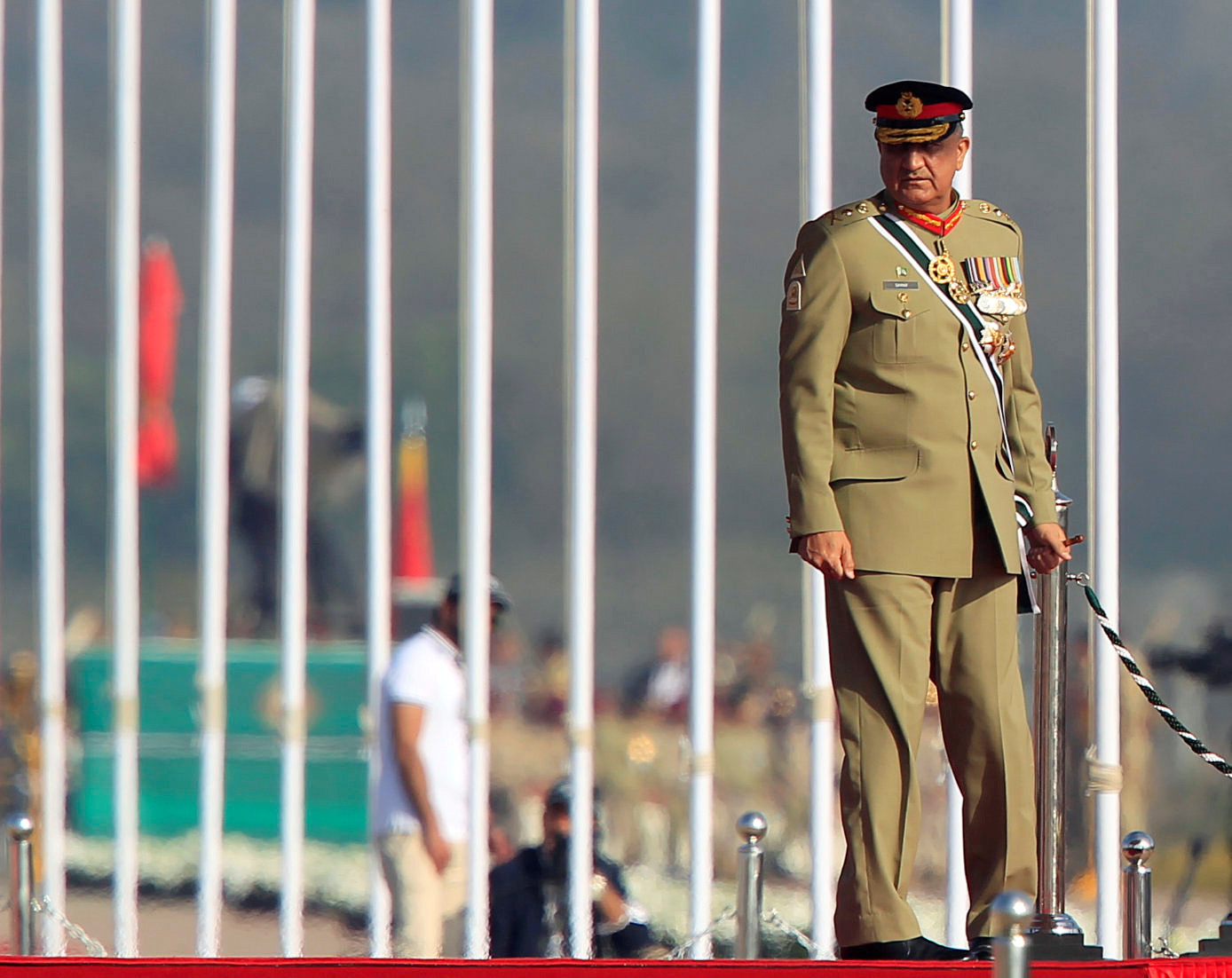
By Muhammad Haris 20 November 2022
In such a hostile regional environment, where the history of the region is characterized by wars and conflicts, a strong military is a prerequisite for ensuring peace and stability. The South Asian region is widely regarded as one of the most dangerous and complex regions in the world that is more prone to wars and conflicts than any other region in the world. Pakistan is a country in South Asia, whose geo-strategic location, and its hostile neighbourhood are a challenge to its security. Be it India, apart from full-fledged wars in the past, now always exploring space for a limited or low-intensity conflict against Pakistan, or Afghanistan, which despite being dependent on Pakistan in many aspects, always tries to harm Pakistan in one way or the other. Whereas, the complex international environment and the pursuit of the great powers’ interests in this region also add to the complexity of the region. This is perhaps the reason, despite having economic constraints, Pakistan’s military has a major role in the overall national security calculus. In this equation, Pakistan’s military, and specifically the Army is very rightly regarded as the protector of the sovereignty of the country and also the guarantor of national security and dignity.
General Bajwa commanded Pakistan’s Army in one of the most crucial and difficult times of the country’s history. Pakistan has gone through and has successfully dealt with a number of internal and external challenges in his tenure. Be it the internal security situation of the country; characterized by terrorism, economic difficulties, and challenges to CPEC, hybrid war, or at the external front; dealing with the regional security challenges and threats both on the western and eastern fronts, managing Pakistan’s relations with the countries like the US, China, and the Arab world in such crucial times, under General Bajwa’s leadership, the military has been able to play a key role in tackling all these unprecedented challenges.
Among other challenges, the most significant challenge that Pakistan had to deal with in the past couple of years is the delicate internal security situation in the form of terrorism. To deal with this grave challenge to Pakistan, General Bajwa launched Operation ‘Radd-ul-Fasaad’ in 2017 in continuation of military efforts to eliminate terrorism and dismantle the terrorist sleeper cells across the country. It was through the consistency of these efforts, that terrorism was eliminated during his tenure. It was his vision that lead to the completion of fencing of the Pak-Afghan border; one of the most difficult borders in the world to manage and fence. This has resulted in a significant reduction in cross-border militant attacks from Afghanistan.
Another very important and critical aspect of General Bajwa’s tenure was Pakistan-India relations which are characterized by India’s provocations and misadventures. The Pulwama-Balakot crisis of 2019 that resulted in a short-lived military engagement between the two countries has impacted regional stability. It was Pakistan’s military’s professionalism and operational readiness that prevented the conflict to escalate even further. Similarly, it was General Bajwa’s strong commitment to peace and stability in the region that paved the way for both countries to agree on a ceasefire at the Line of Control (LoC) in 2021.
Likewise, the Bajwa Doctrine, a clear manifestation of his vision, was all about progressing and strengthening Pakistan internally and externally. It has given fruits in the form of a peaceful and stable Pakistan and the realization of revising the national policies. In this regard, Pakistan’s major policy shift from geo-strategy to geo-economics, and the military’s firm support for this shift is the realization of the fact that a strong economy is the prerequisite of a strong national security framework. This is further evident in the form of the release of Pakistan’s first-ever National Security Policy (NSP) 2022-2026 in which economic security has been placed at the core of national security to achieve sustainable and inclusive economic growth. This policy shift from geo-strategy to geo-economics was an outcome of the cognizance of reshaping the policies to secure the country in accordance with the evolved dynamics. It was mutually agreed upon by all the national institutions including the military. This consistency at the national level implies that the military under the leadership of General Bajwa is open to cooperating with all the stakeholders in order to play its due role in the betterment of the country.
On the diplomatic front, getting out of Financial Actions Task Force (FATF)’s grey list was a severe challenge that required consistent adherence to FATF’s plan of action and recommendations. In this regard, along with other national institutions, the Pakistan Army, under the leadership of General Bajwa has played a very important role that ultimately led to Pakistan’s removal from the grey list.
So, a strong country is dependent on a strong military, which, in turn, is always beholden to professional astuteness, a high state of operational readiness, dedication, integrity, and competitiveness led by a strong, gentle, and highly professional head. The chief of any military is among the most experienced, and capable officers who reach this level after going through highly competitive, challenging, and tough military training, and fulfilling strict service promotional procedures, and requirements. The same goes for the Pakistan Army, whose current chief, General Qamar Javed Bajwa is all set to retire on 29th November 2022 after spending an illustrious career of more than 40 years. His legacy, in the form of his commitment to national development, and his efforts to restore national esteem and dignity will be remembered for years.
Muhammad Haris is an Islamabad-based researcher and policy analyst. He frequently writes on issues related to national security and regional security with a special focus on contemporary South Asia.



0 Comments
LEAVE A COMMENT
Your email address will not be published